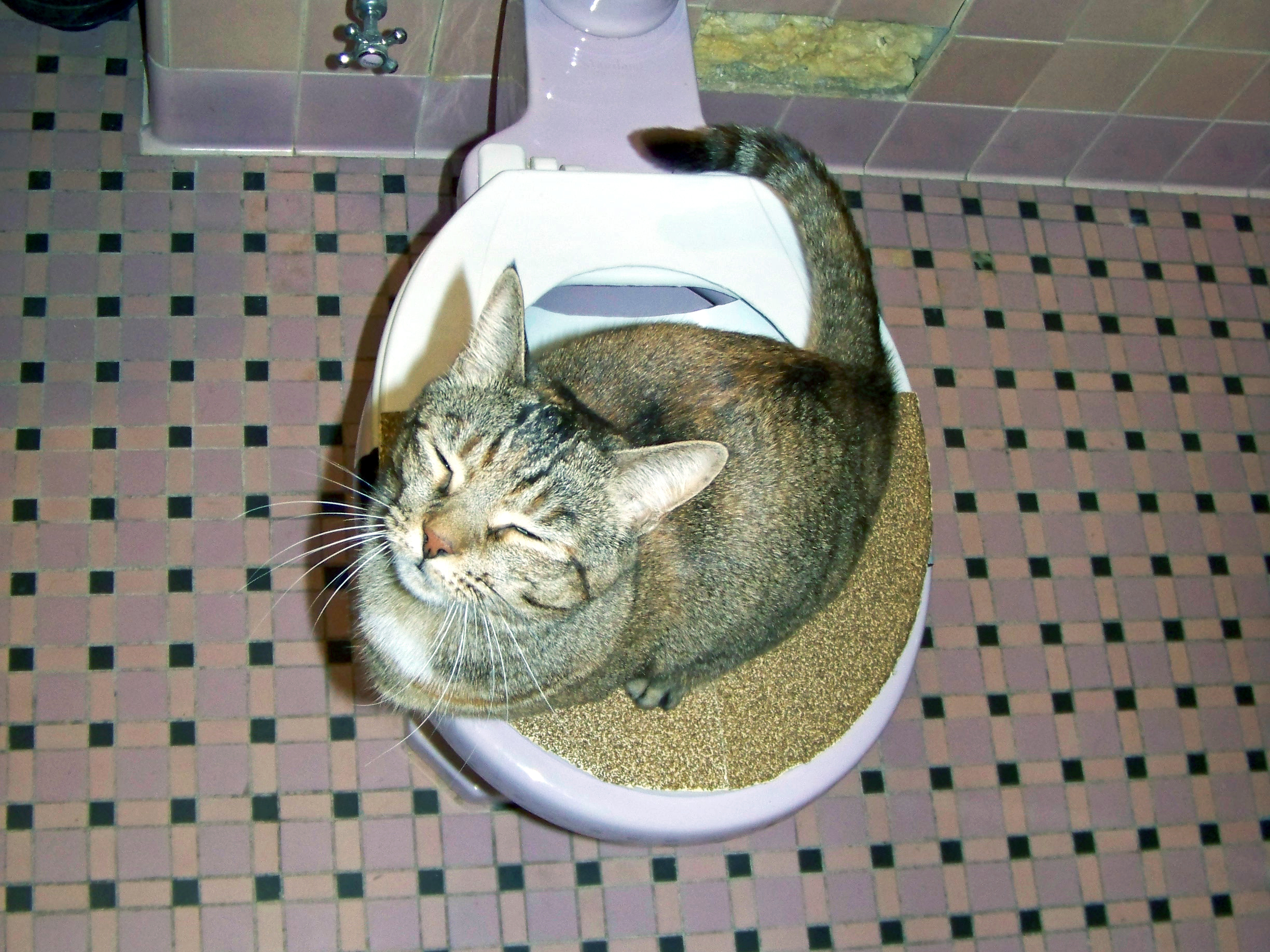Dangers of Flushing Cat Poop Down Your Toilet - Prevent Potential Issues
Dangers of Flushing Cat Poop Down Your Toilet - Prevent Potential Issues
Blog Article
This great article following next involving Don’t flush cat feces down the toilet is unquestionably intriguing. Give it a go and make your own conclusions.

Intro
As pet cat owners, it's important to bear in mind exactly how we get rid of our feline close friends' waste. While it may seem hassle-free to flush cat poop down the bathroom, this method can have damaging repercussions for both the environment and human wellness.
Alternatives to Flushing
Luckily, there are more secure and much more accountable means to dispose of cat poop. Take into consideration the adhering to options:
1. Scoop and Dispose in Trash
The most typical technique of disposing of cat poop is to scoop it into a naturally degradable bag and toss it in the garbage. Make certain to use a committed litter scoop and deal with the waste quickly.
2. Use Biodegradable Litter
Select eco-friendly pet cat clutter made from products such as corn or wheat. These trashes are eco-friendly and can be safely thrown away in the trash.
3. Bury in the Yard
If you have a yard, consider hiding feline waste in an assigned area away from veggie gardens and water sources. Be sure to dig deep adequate to stop contamination of groundwater.
4. Set Up a Pet Waste Disposal System
Purchase a pet waste disposal system especially made for feline waste. These systems utilize enzymes to break down the waste, lowering odor and environmental influence.
Health and wellness Risks
In addition to environmental concerns, purging feline waste can also present health and wellness threats to human beings. Feline feces may include Toxoplasma gondii, a parasite that can create toxoplasmosis-- a possibly extreme health problem, especially for pregnant females and individuals with weakened body immune systems.
Environmental Impact
Purging cat poop presents unsafe microorganisms and bloodsuckers into the water, presenting a significant danger to aquatic ecosystems. These contaminants can adversely affect aquatic life and compromise water quality.
Final thought
Responsible family pet ownership prolongs past offering food and sanctuary-- it also entails proper waste monitoring. By refraining from purging feline poop down the toilet and selecting alternative disposal techniques, we can decrease our environmental impact and shield human health.
Why You Should Never Flush Cat Poop Down the Toilet
A rose by any other name might smell as sweet, but not all poop is created equal. Toilets, and our sewage systems, are designed for human excrement, not animal waste. It might seem like it couldn’t hurt to toss cat feces into the loo, but it’s not a good idea to flush cat poop in the toilet.
First and foremost, assuming your cat uses a litter box, any waste is going to have litter on it. And even the smallest amount of litter can wreak havoc on plumbing.
Over time, small amounts build up, filling up your septic system. Most litter sold today is clumping; it is made from a type of clay that hardens when it gets wet. Ever tried to scrape old clumps from the bottom of a litter box? You know just how cement-hard it can get!
Now imagine just a small clump of that stuck in your pipes. A simple de-clogger like Drano isn’t going to cut it. And that means it’s going to cost you big time to fix it.
Parasitic Contamination
Believe it or not, your healthy kitty may be harboring a nasty parasite. Only cats excrete Toxoplasma in their feces. Yet it rarely causes serious health issues in the cats that are infected. Most people will be fine too if infected. Only pregnant women and people with compromised immune systems are at risk. (If you’ve ever heard how women who are expecting are excused from litter cleaning duty, Toxoplasma is why.)
But other animals may have a problem if infected with the parasite. And human water treatment systems aren’t designed to handle it. As a result, the systems don’t remove the parasite before discharging wastewater into local waterways. Fish, shellfish, and other marine life — otters in particular — are susceptible to toxoplasma. If exposed, most will end up with brain damage and many will die.
Depending on the species of fish, they may end up on someone’s fish hook and, ultimately on someone’s dinner plate. If that someone has a chronic illness, they’re at risk.
Skip the Toilet Training
We know there are folks out there who like to toilet train their cats. And we give them props, it takes a lot of work. But thanks to the toxoplasma, it’s not a good idea.

I stumbled upon that blog post about Don’t flush cat feces down the toilet when exploring the search engines. Remember to take the time to promote this entry if you enjoyed it. Thanks for your time. Kindly check up our website back soon.
Schedule And Pricing Report this page